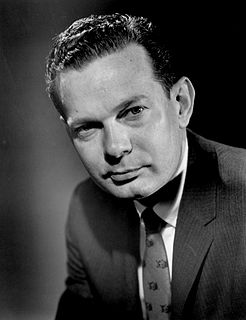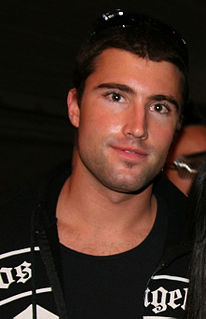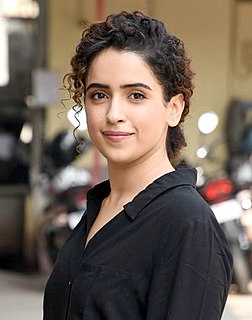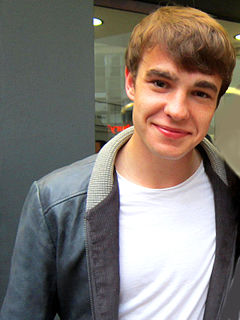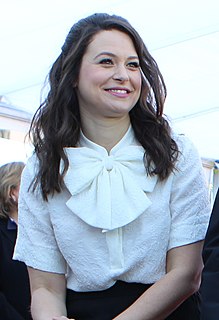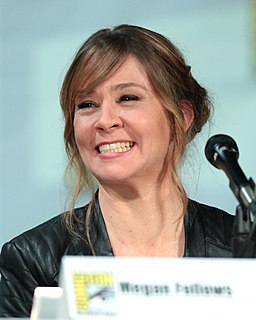A Quote by David Brinkley
Being an anchor is not just a matter of sitting in front of a camera and looking pretty.
Related Quotes
I'm always going to hear people make that connection and I've just accepted it. It's alright. I'm just happy that I get to do my own thing now. I learned a lot from the show [the Voice] as far as being in the TV world and being in front of the camera, which is really great because I'm not as nervous in front of the camera as I was before.
